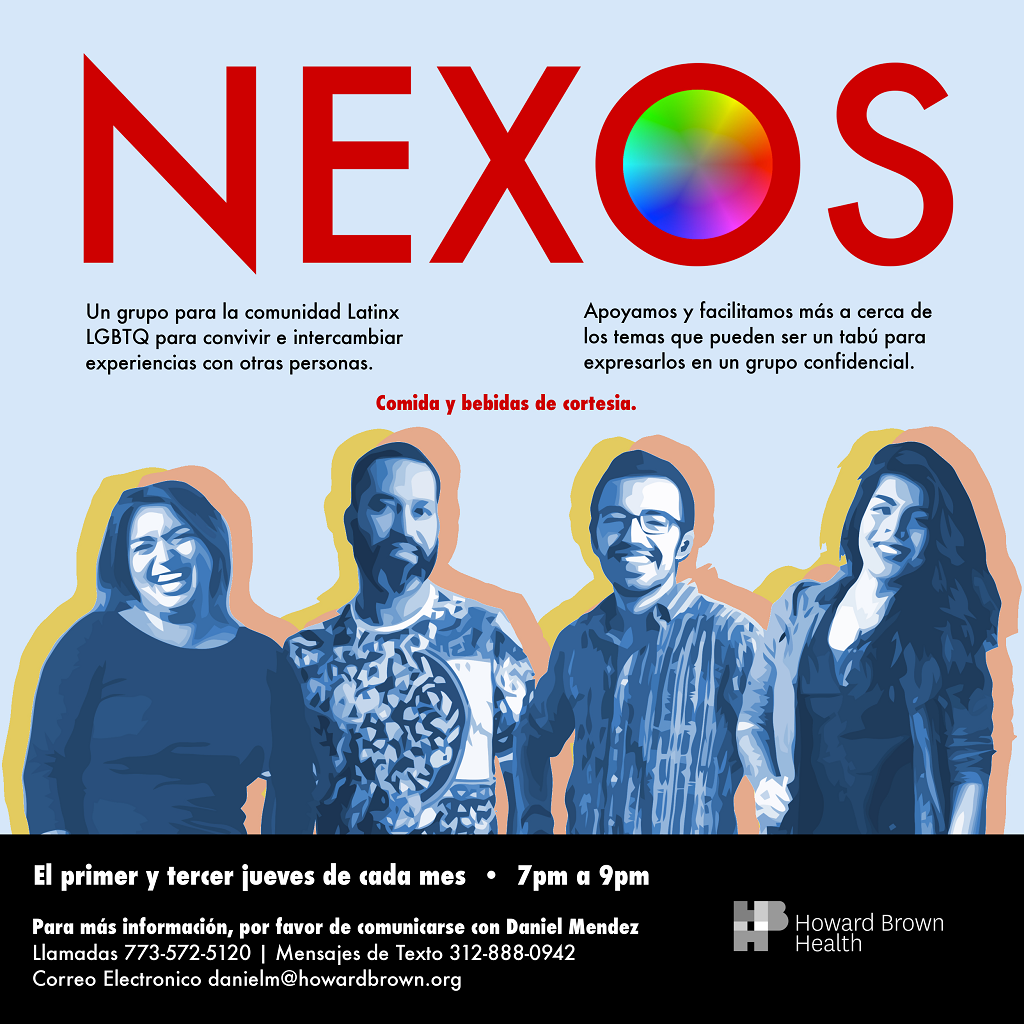Creating Space for Latinx Folks to Find Their Voice
Growing up in Chicago, my identity never made sense.
Ukrainian Village used to have a large Latino and Hispanic population, many who were new immigrants in need of help to start their lives here in Chicago. My father wanted to help, and he started a driving school to show his care for the community. When someone didn’t have the ability to pay, he would charge what they could afford. He wanted people to feel at ease and know they had a safe space to go. Many times his business became a social spot with regular customers coming in to bring their friends for help, or just to spend time connecting with someone who they identified with. Experiencing this side of community building since I was a child, it brought a sense of ease and understanding until I began to experience racial discrimination and was challenged about my own identity. When I told people I was “American,” as my mother said, others disagreed and said I was Mexican. When I told people I was Mexican, more disagreed and said I was Puerto Rican. When I told people I was Puerto Rican, people still disagreed. This brought me full circle with strangers and others I interacted with. I couldn’t accept who I was and had my identity challenged throughout my childhood.
For those familiar with Ukrainian Village, in 2016, Business Insider named it the hottest neighborhood in the country. This was after years of gentrification that wiped out the families and community that once considered this their home. Leading up to this, my father began to hear our new neighbors say phrases like “dirty Mexicans” when walking by the open office door. Taxes began to skyrocket and with changes in governmental policy for undocumented people, his work began to suffer and we could no longer afford to live in the neighborhood. Leaving the neighborhood brought us to a different area that we weren’t familiar with but we were resilient. I would still take time to go back into my home neighborhood whenever possible, but the more I returned, the more unfamiliar it became. I was now a stranger in my home. To this day, it doesn’t feel like home.
My father was a strong man who helped people stay connected, especially those who were new to this country. My mother was from Mexico and my father was from Puerto Rico, and they raised me, a first generation child. They were both practiced at navigating cultural differences. My father made sure others who were new to the city had the access to services they were looking for, particularly connecting with other Spanish speakers to help make their lives easier. As the neighborhoods around the city changed, this became harder, but the spirit of what he tried to do is still here.
The idea behind Nexos is to provide space to those who haven’t been able to connect with others.
It is a group where people can share experiences, discuss their ideas, learn from one another, and build a chosen family. We see people from across the globe, some who are new to Chicago and others who have been here a number of years but have never had opportunities to find and explore themselves socially.
I want Nexos to become a drop-in space for the Spanish speakers in Chicago to find their voice. This has the opportunity to grow with the support of others and increase awareness of the access of medical services available to Spanish speakers in and around the city.
– Daniel Mendez, PrEP Manager
Nexos is a welcoming, confidential space for the Latinx LGBTQ community open to people of any gender identity. It provides a connection to Howard Brown Health’s wide array of services and offers members of the LGBTQ Latinx community a confidential space to discuss issues important to them. The group is entirely confidential and meets every first and third Thursday of the month from 7 – 9 p.m.
To learn more about Nexos, contact Daniel Mendez | Phone 773.572.5120 | Text 312.888.0942 | Email DanielM@howardbrown.org
